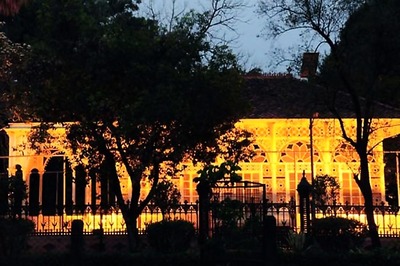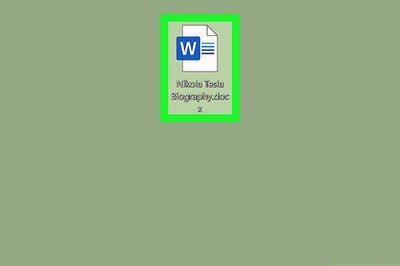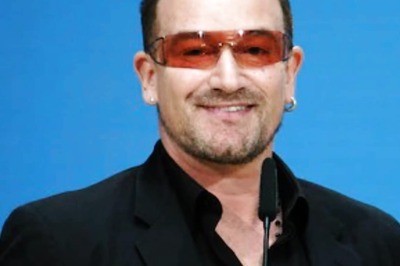
views
How will my performance or report card look — is a fear that haunts students perpetually especially at this time of the year. Assessment of a student is basically done not only to gain an understanding of the ‘learner’ and but also the ‘teacher’. Over the years, it has fuelled a raging debate on the assessment methods, its impact on learning, children’s motivation levels and parent’s expectation linked to achievements. Learning involves an intricate web and cycle of planning, teaching-learning methods, assessment of learning outcomes followed by evaluation. To maintain this cycle, the existence of an inbuilt self sustaining feedback loop is necessary. Due to its key role in the learning process, adoption of good assessment practices is vital. The present assessment model that is rigid, teacher driven and summative needs to evolve into a truly, learner driven one using continuous formative methods, focussing on improvement and rewarding achievements.There is an urgent need to probe into the teaching methods and the assessment process adopted. Good evaluation practices must be transparent before a student attempts any performance task. In fact, sharing benchmarks of various levels of achievements would go a long way in enabling students to get a better idea of the expected learning outcomes.Another key question that arises is ‘Have the teachers planned and implemented various assessment techniques targeting different learning styles/ modalities in children to gain a better picture of their strengths and abilities?’ If not, it would be invalid and could tarnish the self esteem of the child. Often, there is more stress on academic skills, forgetting the critical emotional aspect, impacting heavily on learning. We have a tendency to cling to age-old methods like formal tests and examinations and continue to rely on these as the criteria for measuring achievement levels of the children. At parent-teacher meets, there is a tendency to compare the academic achievements little significance is attributed to a formative assessment that looks at the individual student’s progress. The core of assessment of understanding must be to gain insight into an individual’s learning curve and not just comparative assessment with others. The use of diagnostic evaluation also aids in identifying any existing ‘learning disabilities’ among children and to set in motion remedial teaching. The formative form of self assessment can be applied to most classes. Student portfolios depicting self reflection, linked to their learning process, achievement of specific learning targets and setting realistic goals needs to become the order of the day. This could serve as a meaningful and effective system of life-long self-directed learning and aid in shaping greater accountability towards learning. Today, there are a few positive signs of change and rethinking at the higher levels, leading to some light at the end of the tunnel. Often, for the students, it becomes a lonely battle surrounded by a world replete with the concept of marking, grading and competition but, we all need to add those little drops of change into assessment procedures to be able to see the difference. We look forward to the day when the nature of assessment becomes continuous, authentic, objective and unbiased, ensuring greater validity and reliability.

















Comments
0 comment